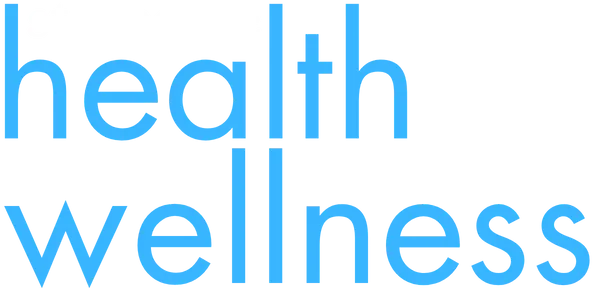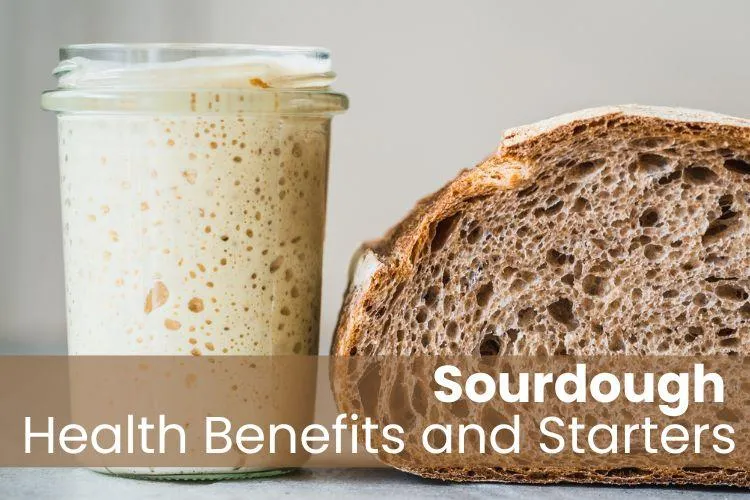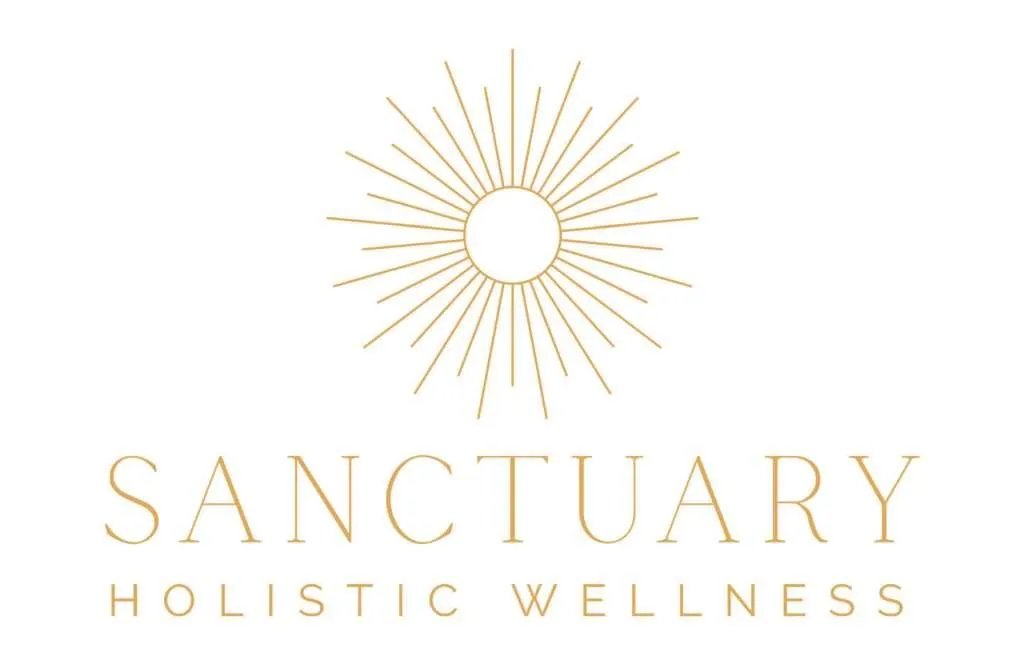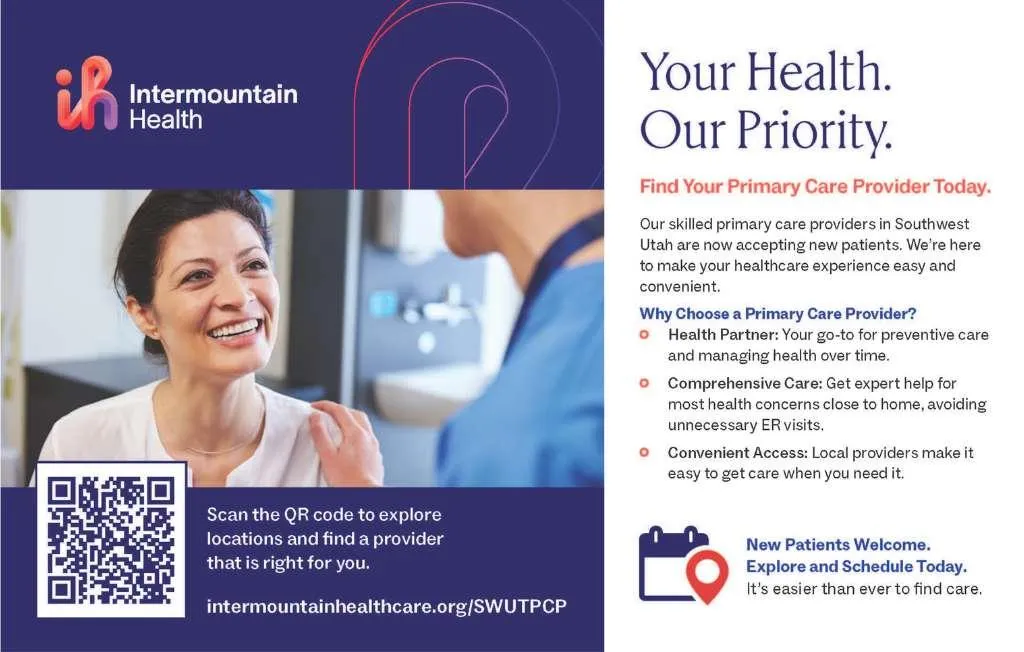Support Our Local Businesses!
What's Your Home Worth? CLICK HERE for a FREE Home Value Analysis


Transform Your Health & Wellness
We take great pride in providing you with the best articles to make your life the best it can be!
Proud Sponsors of St. George Health & Wellness Magazine
Our Mission
At St. George Health & Wellness Magazine, our mission is to inspire and empower individuals to lead balanced and fulfilling lives by providing comprehensive content that encompasses fitness, nutrition, community, culture, family, mind, body, economic health, and lifestyle. We strive to be a trusted source of information, offering insightful articles, expert advice, and practical tips to promote holistic well-being. Through our dedication to fostering a healthier community, we aim to encourage positive transformations and foster a culture of wellness for individuals and families alike.
Our Mission
At St. George Health & Wellness Magazine, our mission is to inspire and empower individuals to lead balanced and fulfilling lives by providing comprehensive content encompassing fitness, nutrition, community, culture, family, mind, body, economic health, and lifestyle. We strive to be a trusted source of information, offering insightful articles, expert advice, and practical tips to promote holistic well-being. Through our dedication to fostering a healthier community, we aim to encourage positive transformations and foster a culture of wellness for individuals and families alike.
Latest Articles

Sourdough: Health Benefits and Starters
Sourdough bread has been around for thousands of years. It is likely the earliest known method of leavening bread, long before commercial yeast was discovered. Over time, faster yeasts and quick-rise leavening agents replaced sourdough due to their shorter preparation times and greater predictability. But sourdough is making a comeback thanks to the many health benefits it offers.
Sourdough Has a Longer Shelf Life
With the ease of making yeast breads, we lost the natural shelf life that sourdough provides. Yeast breads require more preservatives to stay fresh longer, something many people would rather avoid. Sourdough, on the other hand, contains natural acids that act as preservatives, making it an appealing option for those who prefer a shorter, more natural ingredient list.
Sourdough Supports Gut Health
During fermentation, wild yeasts and lactic acid bacteria break down gluten, phytic acid, and minerals, making them easier to digest. Many people with sensitivities to gluten or wheat find they tolerate white or whole wheat sourdough better than conventional yeast breads. However, it’s important to distinguish between sensitivity and allergy. Those with a known allergy should avoid sourdough made from wheat or containing gluten.
Sourdough has a lower glycemic index (GI)
After eating a slice of sourdough bread, the rate of glucose being released into the bloodstream is slower, so blood sugar levels don’t peak as high. That said, be aware that honey, sugar, jams and other sweet toppings do not change their GI level simply because they are accompanying sourdough bread. If you’re watching carbohydrates or blood glucose levels, those additions still count.
What about the nutrient value of whole wheat sourdough versus white sourdough? Whole wheat sourdough is more nutrient dense than sourdough made from refined wheat, like all-purpose flour or organic white flour. Whole wheat retains higher levels of fiber and minerals. Although flavors can be different and subjective to individual preference, whole wheat is a healthier option.
If you think you want to learn about baking with sourdough, here are some key basics to
understand before getting started:
Starter Flavor Matters
Different starters produce different flavors due to various factors. To get an ideal flavor, some bakers seek out a starter from a unique source only to realize that, strangely, it changes over time. One major factor in this evolution is the type of flour used to feed it. Whole wheat flours contain more minerals and natural enzymes, which speed up fermentation. This causes breads made with whole wheat starter to rise faster and have a stronger acidic or sour flavor. They also give off a nuttier flavor. Depending on what you're baking, this might be an advantage.
I discovered this firsthand when a friend gifted me a fantastic sourdough starter along with her cinnamon roll recipe. My friend used organic, white, unbleached flour to feed her starter. So I used the same and made some delicious cinnamon rolls. A week later, I decided to make them “healthier” by feeding the starter with whole grain flour. I followed the same recipe but my whole grain flour fermented faster, which resulted in a stronger “sour” flavor. When all was said and done, my family and I enjoyed licking the cream cheese frosting off all of them! It was a fabulous learning experience because it helped me to understand sourdough starter so much better. I don’t plan to make that mistake again.
Temperature and Moisture Also Play a Role
Temperature and moisture will also affect the speed at which a starter ferments and
bubbles. If it is too cold, the starter slows down, which is why the starter is stored in the fridge when not in use. A warm environment improves or speeds up fermentation.
Having enough moisture to wet all the flour when the starter is growing is also important. But too much moisture thins the starter and weakens its structure. Moisture levels can easily be adjusted and resolved, especially as you become familiar with the right consistency or thickness.
Through the process of trial and error, I have become more successful at making sourdough breads. Understanding the basics—how starters grow and how different flours affect flavor—has made a big difference. I have used freshly ground red and white wheat with great success. It’s so good! My family has also enjoyed whole wheat sourdough pancakes. I was careful to feed the starter with white, unbleached flour to get it going, then used whole wheat flour for the bulk of the mixture, requiring a shorter fermentation time for just the right sour flair for my little eaters. I have even blended in my favorite spinach puree for fun green pancakes packed with extra nutrients.
Once you get started, sourdough can become a truly enjoyable hobby. It’s endlessly versatile and full of surprises.
Good luck, and enjoy your sourdough creations.
Discover Articles That Will Change Your Life
Stay Strong at Any Age
At St. George Health and Wellness Magazine, we're passionate about helping you achieve your fitness goals and unlock the best version of yourself. Explore articles on effective workout routines to boost strength, flexibility, and overall vitality. Discover ways to maintain an active lifestyle and achieve optimal fitness, from low-impact exercises to functional training.


Nutrition Guidance
We're passionate about empowering you to make informed choices about the food you eat and the impact it has on your overall well-being. Explore nutritional strategies for healthy aging. Dive into nutrition tips and dietary recommendations for any stage of life. Learn about nutrient-rich foods, portion control, and meal planning to promote longevity, energy, and overall wellness.
Mindful Aging
Explore articles on mindfulness techniques, cognitive exercises, and mental health resources tailored to support brain health and emotional resilience. Learn strategies for managing stress, enhancing memory, and maintaining a positive outlook.


Body Balance
Discover articles on various approaches to nurturing physical health, including yoga, meditation, and alternative therapies to promote balance, flexibility, and pain management in aging bodies. Explore the mind-body connection and embrace practices that support overall well-being.
Community & Culture Connection
Explore articles about community engagement in promoting emotional well-being and social connection. Delve into the rich tapestry of cultural traditions and heritage. Discover local resources, support networks, and events to foster meaningful relationships and enhance overall quality of life.


Financial Health
Find articles that will help you gain valuable insights into financial planning, retirement savings, and navigating economic challenges in later life. Explore tips for managing expenses, maximizing retirement benefits, real estate management, and achieving financial security to support a fulfilling lifestyle in your golden years.
Education Empowerment
Discover articles on empowering minds through education. In our dynamic community, education serves as the cornerstone of empowerment and growth for individuals of all ages. From grade schools to universities and trade/tech colleges, St. George is home to a vibrant educational landscape dedicated to fostering excellence and innovation.


Pet Health
We believe that our pets are cherished members of our families, deserving of the highest quality care and attention to ensure their well-being. From nutrition and exercise to preventive healthcare and emotional support, we're dedicated to providing valuable resources and expert guidance to help you give your furry companions the happy, healthy lives they deserve.
Discover Articles That Will Change Your Life

Stay Strong at Any Age
At St. George Health and Wellness Magazine, we're passionate about helping you achieve your fitness goals and unlock the best version of yourself. Explore articles on effective workout routines to boost strength, flexibility, and overall vitality. Discover ways to maintain an active lifestyle and achieve optimal fitness, from low-impact exercises to functional training.

Nutrition Guidance
We're passionate about empowering you to make informed choices about the food you eat and the impact it has on your overall well-being. Explore nutritional strategies for healthy aging. Dive into nutrition tips and dietary recommendations for any stage of life. Learn about nutrient-rich foods, portion control, and meal planning to promote longevity, energy, and overall wellness.

Mindful Aging
Explore articles on mindfulness techniques, cognitive exercises, and mental health resources tailored to support brain health and emotional resilience. Learn strategies for managing stress, enhancing memory, and maintaining a positive outlook.

Body Balance
Discover articles on various approaches to nurturing physical health, including yoga, meditation, and alternative therapies to promote balance, flexibility, and pain management in aging bodies. Explore the mind-body connection and embrace practices that support overall well-being.

Community & Culture Connection
Explore articles about community engagement in promoting emotional well-being and social connection. Delve into the rich tapestry of cultural traditions and heritage. Discover local resources, support networks, and events to foster meaningful relationships and enhance overall quality of life.

Economic Health
Find articles that will help you gain valuable insights into financial planning, retirement savings, and navigating economic challenges in later life. Explore tips for managing expenses, maximizing retirement benefits, real estate management, and achieving financial security to support a fulfilling lifestyle in your golden years.

Education Empowerment
Discover articles on empowering minds through education. In our dynamic community, education serves as the cornerstone of empowerment and growth for individuals of all ages. From grade schools to universities and trade/tech colleges, St. George is home to a vibrant educational landscape dedicated to fostering excellence and innovation.

Pet Health
We believe that our pets are cherished members of our families, deserving of the highest quality care and attention to ensure their well-being. From nutrition and exercise to preventive healthcare and emotional support, we're dedicated to providing valuable resources and expert guidance to help you give your furry companions the happy, healthy lives they deserve.
See What Our Customer Say About Us
See What Our Customer Say About Us


Tammy L.

As someone deeply invested in holistic wellness, I can't recommend St. George Health and Wellness Magazine enough! Their articles cover a wide range of topics, from fitness and nutrition to mindfulness and community connection.


Samantha C.

St. George Health and Wellness Magazine has become my go-to source for fitness inspiration and advice. Their workout routines are practical and effective, catering to all levels of experience. I appreciate the emphasis on holistic health and the inclusion of articles on nutrition and mental well-being.


Greg A.

The articles are well-researched and easy to understand, making complex health concepts easier to understand and apply. This magazine has something for everyone and is a fantastic resource for anyone looking to take charge of their health and lifestyle.
Copyright St. George Health & Wellness Magazine 2024 All Rights Reserved
Creating a healthier and happier community!







